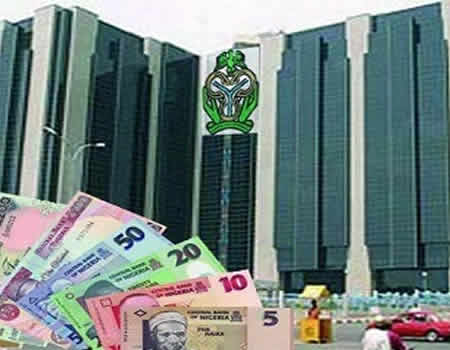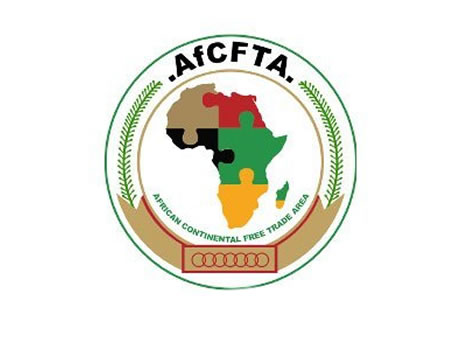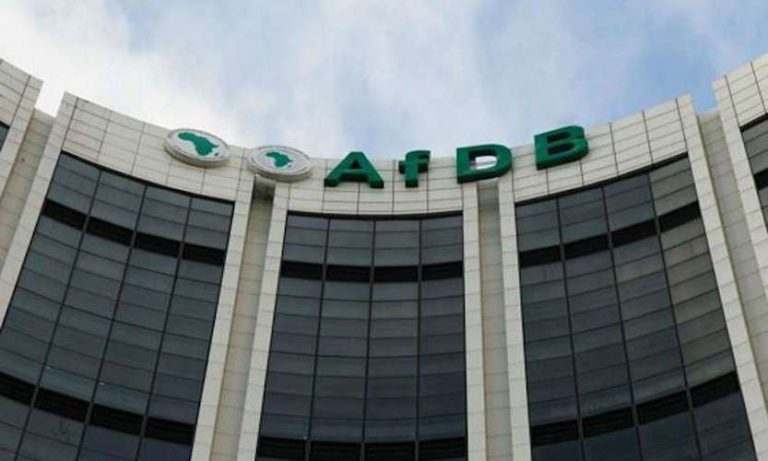CBN Defends Naira With $7.6bn In Five Months
The Central Bank of Nigeria injected $7.6bn into the economy to stabilise the value of the naira in five months.
This was obtained in the banking regulator’s monthly economic reports on foreign exchange market developments.
According to the reports, the CBN intervened in the markets with $1.65bn, $1.39bn and $1.82bn in January, February and March, while the interventions were $1.56bn and $1.18bn in April and May respectively.
The report read, “Total foreign exchange sales to authorised dealers by the bank were $1.18bn, a decrease of 24.4 per cent, below $1.56bn in April.
“A breakdown shows that foreign exchange sales at the Investors and Exporters and interbank/invisible windows decreased by 37.9 per cent and 0.7 per cent to $0.16bn apiece, below their respective levels in the preceding month.
“Similarly, SMIS and matured swap contracts fell by 7.0 per cent and 71.4 per cent to $0.64bn and $0.10bn, respectively, compared to the amounts in April. However, foreign exchange sales at the Small and Medium Enterprises window rose by 8.4 per cent to $0.12bn in the review period.”
The CBN maintained the official rate of the naira to the dollar at N427.76 at the I&E forex window on its website; while at the parallel market, the naira was bought and sold for N690 and N700 on Thursday.
The CBN Governor, Godwin Emefiele, earlier in the year, announced it would stop the sale of foreign exchange to Deposit Money Banks by the end of 2022.
It had earlier stopped forex allocation to the Bureau de Change operators in 2021.
The CBN governor launched its programme tagged ‘RT200 FX Programme’ to boost forex supply in the country through the non-oil sector in the next three to five years.
He said after careful consideration of the available options and wide consultation with the banking community, the CBN launched the Bankers’ Committee “RT200 FX Programme
“The RT200 FX Programme is a set of policies, plans and programmes for non-oil exports that will enable us to attain our lofty yet attainable goal of $200bn in FX repatriation, exclusively from non-oil exports, over the next three to five years,” he said.
Emefiele said the programme’s five key anchors are value-adding exports facility; non-oil commodities expansion facility; non-oil FX rebate scheme; dedicated non-oil export terminal; and biannual non-oil export summit.















Post Comment